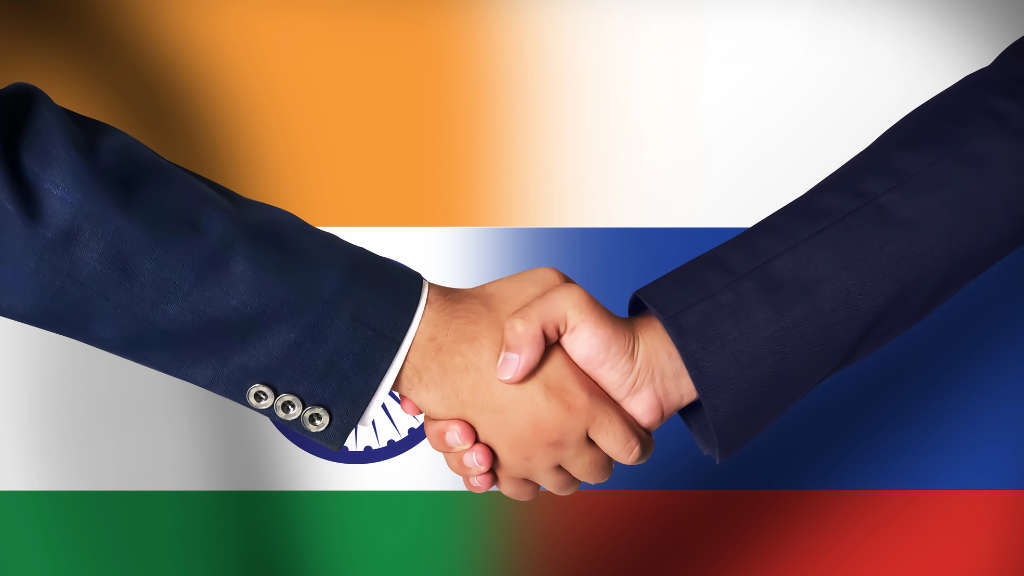India and Russia have discussed ways of strengthening their economic partnership, focusing on cooperation in rare earths, aircraft parts manufacturing, and railways, officials said in a statement on Wednesday. The discussions were held during the 11th Session of the India-Russia Working Group on Modernization and Industrial Cooperation in New Delhi. That came at the same time as US President Donald Trump’s announced an increase of tariffs from 25% to 50% on Indian imports for New Delhi’s continued purchases of Russian oil. We discussed the US economic war with the BRICS here.
The Russia-India working group focused on collaboration in science and technology, including wind tunnel facilities, aircraft engines, and carbon fiber tech. Opportunities in coal gasification and industrial infrastructure were also discussed. The meeting concluded with the signing of a protocol which confirmed the strong strategic partnership between the two countries.
Meanwhile, Ajit Doval, India’s National Security Adviser, is in Moscow for meetings with President Vladimir Putin, for a visit aimed at strengthening the defence and security partnership between Russia and India. Indian media reports have indicated that Doval will discuss the acquisition of more S-400 systems for India. New Delhi currently has three systems – part of a larger order of five purchased from Russia. They were used during the country’s brief military confrontation with Pakistan in May. Russia’s Deputy Defence Minister Col. Gen. Aleksandr Fomin has also met with Indian Ambassador Vinay Kumar.

Doval last visited Moscow in September 2024 and met with Russian President Vladimir Putin, with both sides highlighting the growing partnership. Putin said that the time that “Our special privileged strategic partnership is gaining momentum and growing stronger, which we are delighted about. We are also pleased to see India’s success in strengthening its statehood and advancing its economy under Prime Minister Modi’s leadership.”
Following Doval’s visit, Indian Foreign Minister S. Jaishankar is also expected in Moscow later this month for talks with his Russian counterpart, Sergey Lavrov. Doval also stated that Russian President Putin is expected to visit India ‘in the near future’, saying that “We are very excited about the visit of President Putin to India. The dates have almost been finalised. These summits are always watershed moments in our relations.”
These meetings are timely in discussing the development of the Russia-India bilateral strategic partnership, and especially as White House rhetoric, which blames Russia for US tariffs on India, appears aimed at disrupting these relations.
Relations between Russia and India are instead continuing to develop, and appear not to be affected by any White House attempts to drive them apart. Russia and India appear to have war-gamed the new US economic tariffs on India, and what with Modi’s upcoming visit to China, all three – plus other BRICS economies – appear to be coordinated in their responses. It is not immediately apparent if the White House is on the same level when it comes to coordination.
The Indian Prime Minister, Narendra Modi, has stated that he “will not compromise” concerning the 50% US tariffs on Indian imports, saying that “I know, personally, I’ll have to pay a heavy price — but I am ready for it. That was a reference to the political pressure he will face with Indian pharmaceuticals, electronics and the agriculture sectors all under pressure. India’s agricultural sector includes cotton, hemp, jute and silk production and employs about 45 million people.
India has now joined Brazil at the top of the list of countries facing the highest levies from the United States.
Further Reading
Trumps’ Tariffs On India: Impact and Implications For India, the United States & Russia

 Русский
Русский













